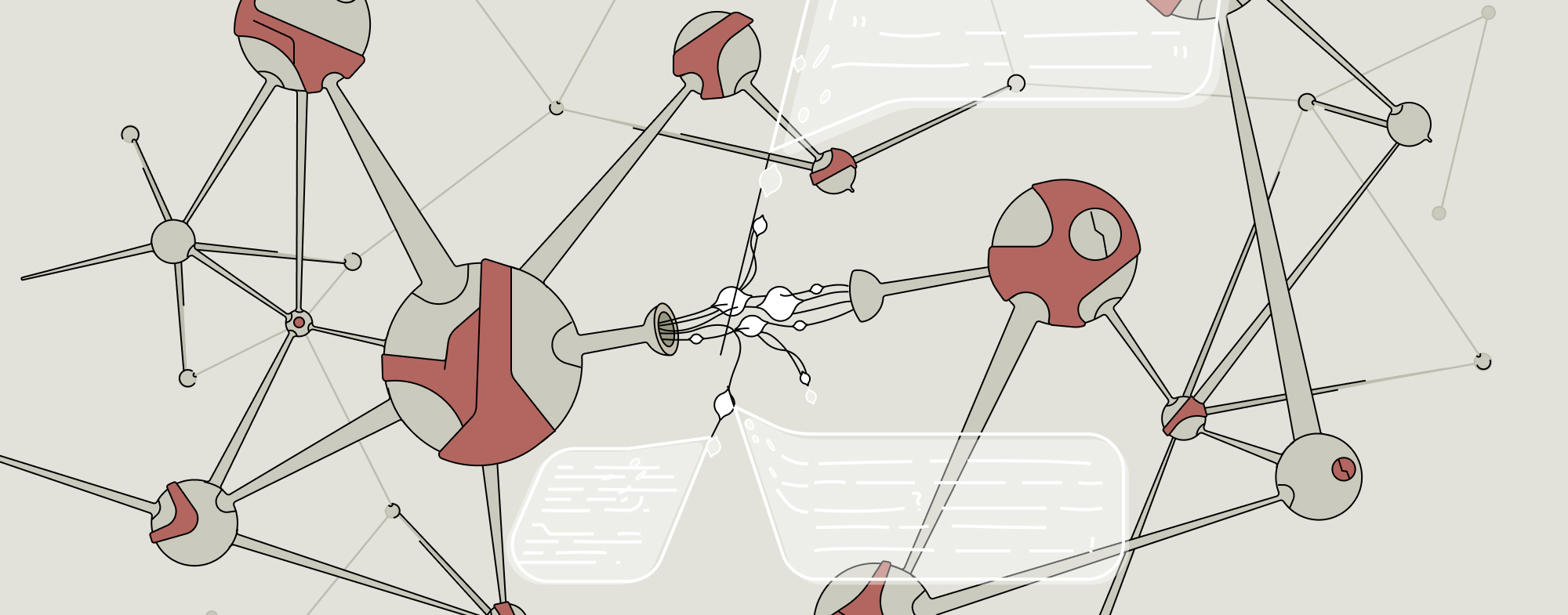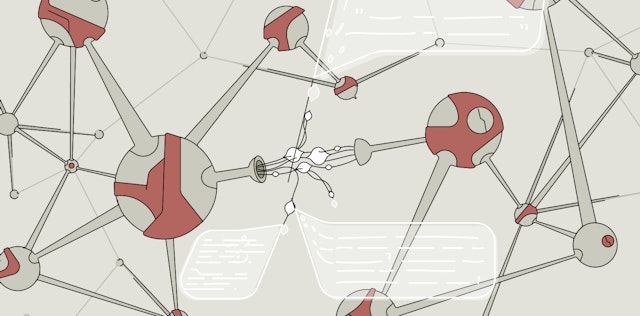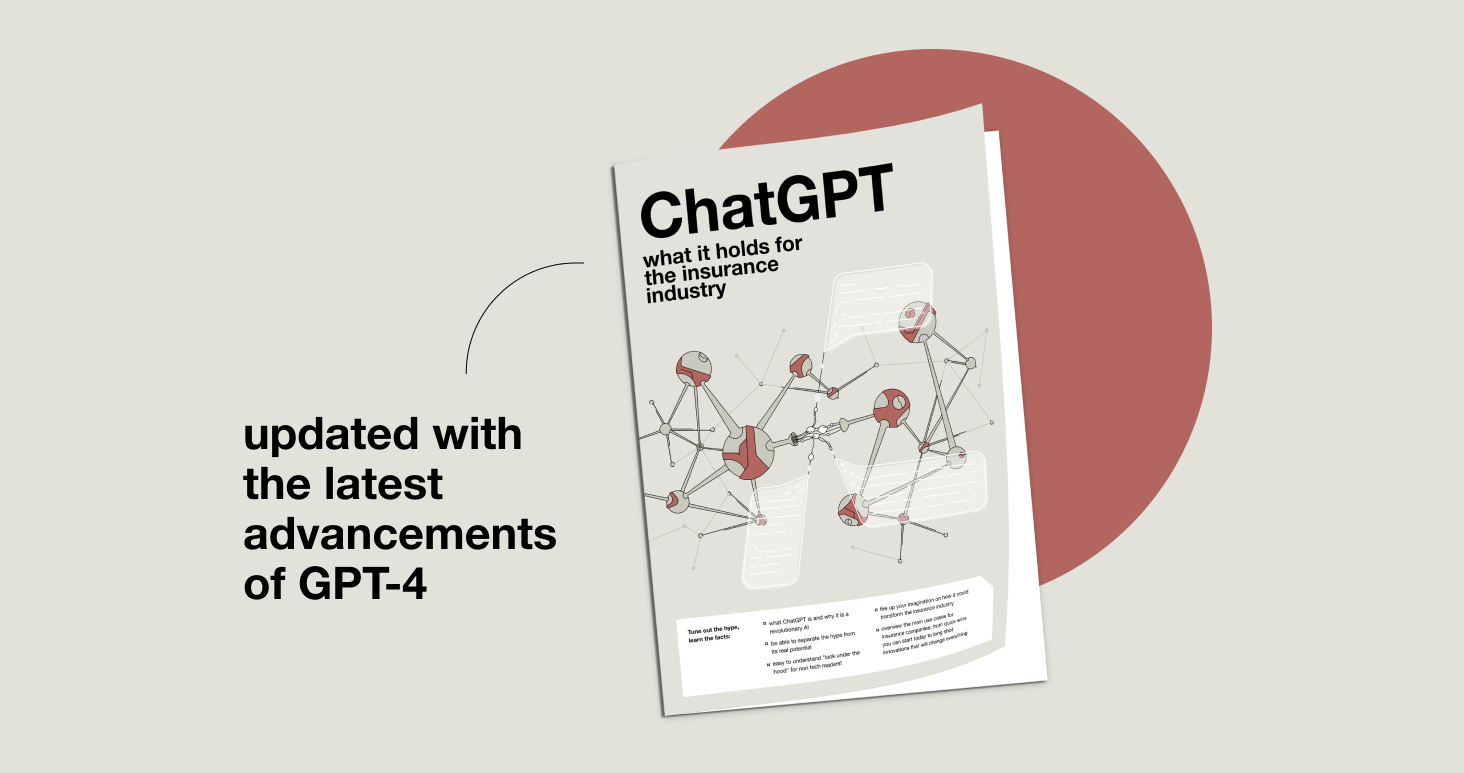share this post on
unlock the potential of generative AI for your business success
sign up for our discovery package 

In the rapidly evolving world of technology, it can be difficult to keep up with the latest developments. This is especially true in the field of generative AI, where breakthroughs seem to happen every day.
In March 2023, OpenAI released GPT-4, the newest and most powerful generation of the GPT language model family which runs the premium version of ChatGPT and boasts an impressive range of new and improved features.
We pride ourselves on being early at the party when it comes to new technologies, so we've updated our whitepaper, first published in February, with new insights on the latest GPT-4 version which is even more powerful and reliable than its predecessors. Read on to learn more about the latest developments in conversational AI and how they're shaping the future of the insurance industry.
With the release of GPT-4, the world of generative AI has taken another leap forward. This latest release introduces new and improved features that expand its capabilities, such as
Despite these impressive capabilities, it's important to remember that ChatGPT is still a prototype of natural language processing technology. In our whitepaper, we also provide an updated overview of these limitations, which you should keep in mind when considering immediate integration into business processes.

As generative AI continues to evolve at such a rapid speed, the technology may overcome the limitations mentioned above sooner than most insurance carriers can even adapt to the new possibilities it offers. Thus there are plenty of reasons to stay excited and up-to-date with the latest developments that can give your business a significant edge in the marketplace.
Our updated whitepaper offers a comprehensive guide for insurance companies looking to prepare for the forthcoming transformation brought on by this evolution. It provides a visionary outlook on the technology's potential, practical use cases, and necessary precautions.
Moreover, it answers some technical questions about how businesses might integrate ChatGPT into their systems via APIs and how they can train and fine-tune the model for their specific needs, in particular in the insurance industry.